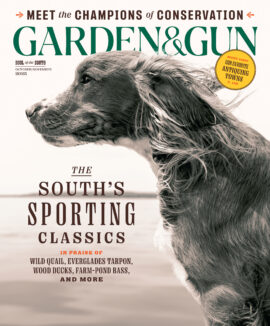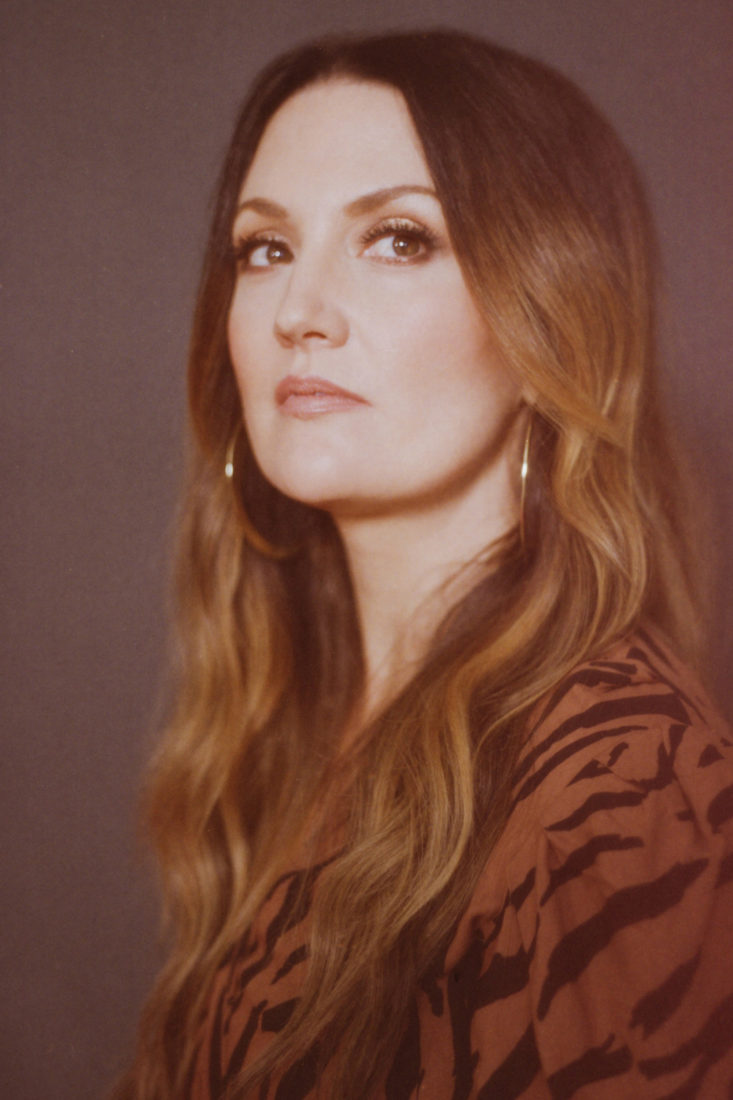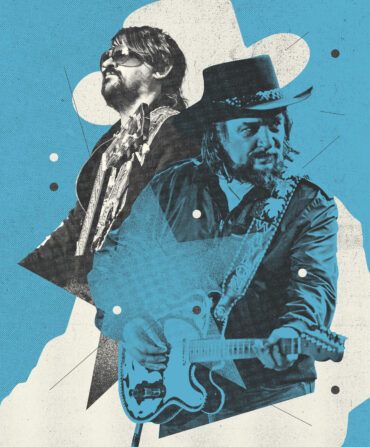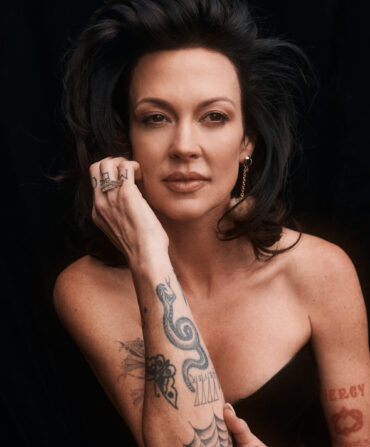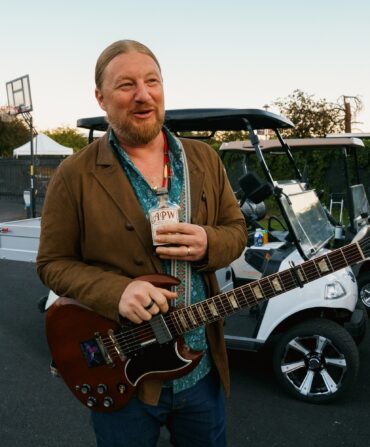If you know where to look, Natalie Hemby is everywhere. She’s on the radio, topping mainstream country charts as a writer on hits such as Miranda Lambert’s Grammy-nominated song “Automatic” or Little Big Town’s “Pontoon.” She’s on the big screen, co-writing earworms like “Always Remember Us This Way” and “I’ll Never Love Again” with Lady Gaga and others for the blockbuster A Star Is Born. And she’s one-fourth of the supergroup the Highwomen, with Amanda Shires, Brandi Carlile, and Maren Morris.
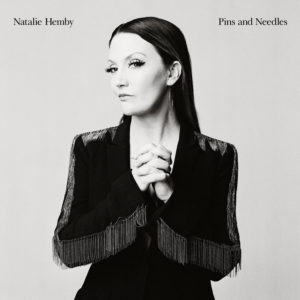
But Hemby isn’t just a master collaborator. Her last solo album, Puxico, one of G&G’s favorite releases of 2017, tugged at heartstrings with its relatable small-town details and lack of pretension. Her latest effort—the forthcoming Pins and Needles, which she’s announcing today and will release in October—promises to pair her trademark wit and recognizable twang with the early nineties’ alt-rock sounds that have influenced her from the beginning.
Today, G&G is proud to premiere the album’s title track, a pulsing, bluesy number about being hopelessly smitten that stylistically calls to mind such other Hemby-penned classics as Little Big Town’s “Tornado.”
“We’re big fans of the Rolling Stones—everything and anything that has a little bit of swagger to it,” says Hemby, who recorded the album with her husband, the producer Mike Wrucke, and sees the pounding keys on the track as a pivotal element. “It just needed that driving factor to it.”
G&G caught up with Hemby via Zoom (she logged on from inside her colorful closet with her 14-year-old bichon frise, Lucy, by her side) to hear more about the new album and how her life prepared her for a career as a songwriter. Listen to “Pins and Needles” below, and read on for the full interview. The album is set for release on October 8 and available for preorder here.
You come from a very musical family. How did music play into the way you grew up?
My grandfather played bluegrass in Southeast Missouri, and he would go play with these different bands at dances, little country town fairs, restaurants, and churches all over. Not only was he very musical, but his family was very musical, too, and so is my grandmother’s. My dad [Tom Hemby] has been a guitar player for many years now. He’s a songwriter as well and has produced many different types of music, and my uncle is probably one of the best singers I’ve ever heard in my life. I grew up going to watch all of them play, so I always wanted to do music. I just didn’t really know what form or fashion I would do it.
“Pins and Needles” feels like such a Natalie Hemby track, from the beat to the attitude to the clever rhymes. Tell me about writing that song—what’s your favorite lyric?
I wrote it with Brothers Osborne, and it was the first song we ever wrote together. It’s about when you’ve just got it bad for somebody. Whether or not they really are into you, they always leave you wanting more. It’s been a long time because I’ve been married twenty-something years, but I’m just saying: When you’re young, we all have that undying crush that you just can’t seem to get over. “I’m working overtime, following close behind / You got my number, my thunder. And it’s your thumb that I’m under.” I love that. It’s probably my favorite line.
So you’re talking to me in your closet, and I can see some incredibly colorful dresses behind you. What’s one that brings back an important memory for you?
I won my first ACM Award in this dress [shown below], for “Automatic.” My friend Nicole [Galyon]—she wrote “Automatic” with Miranda and I—couldn’t be there. She had just had her baby, literally. I was so nervous. I got up there, and I’m like, “I just want to thank God, my family…and I just want to thank my good friend Nicole who’s at home nursing her baby tonight.” I felt like some country redneck saying, “My friend! Nursing her baby!” Like, I just gave America a visual of a baby being nursed. [Laughs]
And yet all the people who were at home nursing their babies were probably thinking, thank you.
I mean, right? It’s worth giving a shout-out to.
So many of your songs have resonated because they lift up parts of life or motherhood that don’t necessarily get much attention. How do you file away those little moments for your songwriting?
You have to live those moments. Cataloging real life—that’s what songwriting is. It can be the most mundane thing. For instance, [the Highwomen track] “My Only Child.” Nobody can really understand how hard it is to give up baby clothes until you have just one kid and you have to let go of those things. I try to take an inventory in my mind every day and note if something stands out that would be great in a song.
You signed your first music publishing deal at 19. If you could go back and give yourself advice at that age, what would you say?
Never stop writing songs. The world is always in need of a good song. You have to have so much patience in the music business. When you write a song, you’re not writing it for today—you’re probably writing it for about two years later.
Everybody thinks when they sign their first publishing deal, “These are my most amazing songs.” Well, I’m here to tell you that they might’ve been good songs, but they weren’t the most amazing ones I ever wrote. I needed some time and life experience behind them. For a few years, I had to get a different job so I could facilitate my dream. I didn’t know it would look like this in the long run. But it turned out even better than I could have imagined, and if I was talking to me back then, I would say, “Be patient, be patient, be patient—and just keep doing it, because you do get better.”

